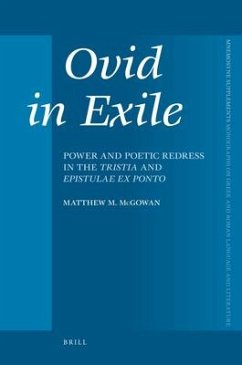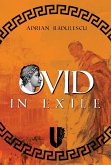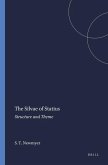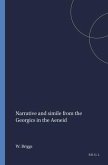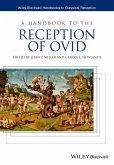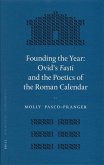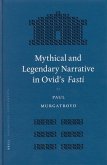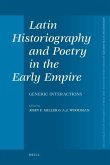In response to being exiled to the Black Sea by the Roman emperor Augustus in 8 AD, Ovid began to compose the "Tristia" and "Epistulae ex Ponto" and to create for himself a place of intellectual refuge. From there he was able to reflect out loud on how and why his own art had been legally banned and left for dead on the margins of the empire. As the last of the Augustan poets, Ovid was in a unique position to take stock of his own standing and of the place of poetry itself in a culture deeply restructured during the lengthy rule of Rome's first emperor. This study considers exile in the "Tristia" and "Epistulae ex Ponto" as a place of genuine suffering and a metaphor for poetry's marginalization from the imperial city. It analyzes, in particular, Ovid's representation of himself and the emperor Augustus against the background of Roman religion, law, and poetry.
Hinweis: Dieser Artikel kann nur an eine deutsche Lieferadresse ausgeliefert werden.
Hinweis: Dieser Artikel kann nur an eine deutsche Lieferadresse ausgeliefert werden.

